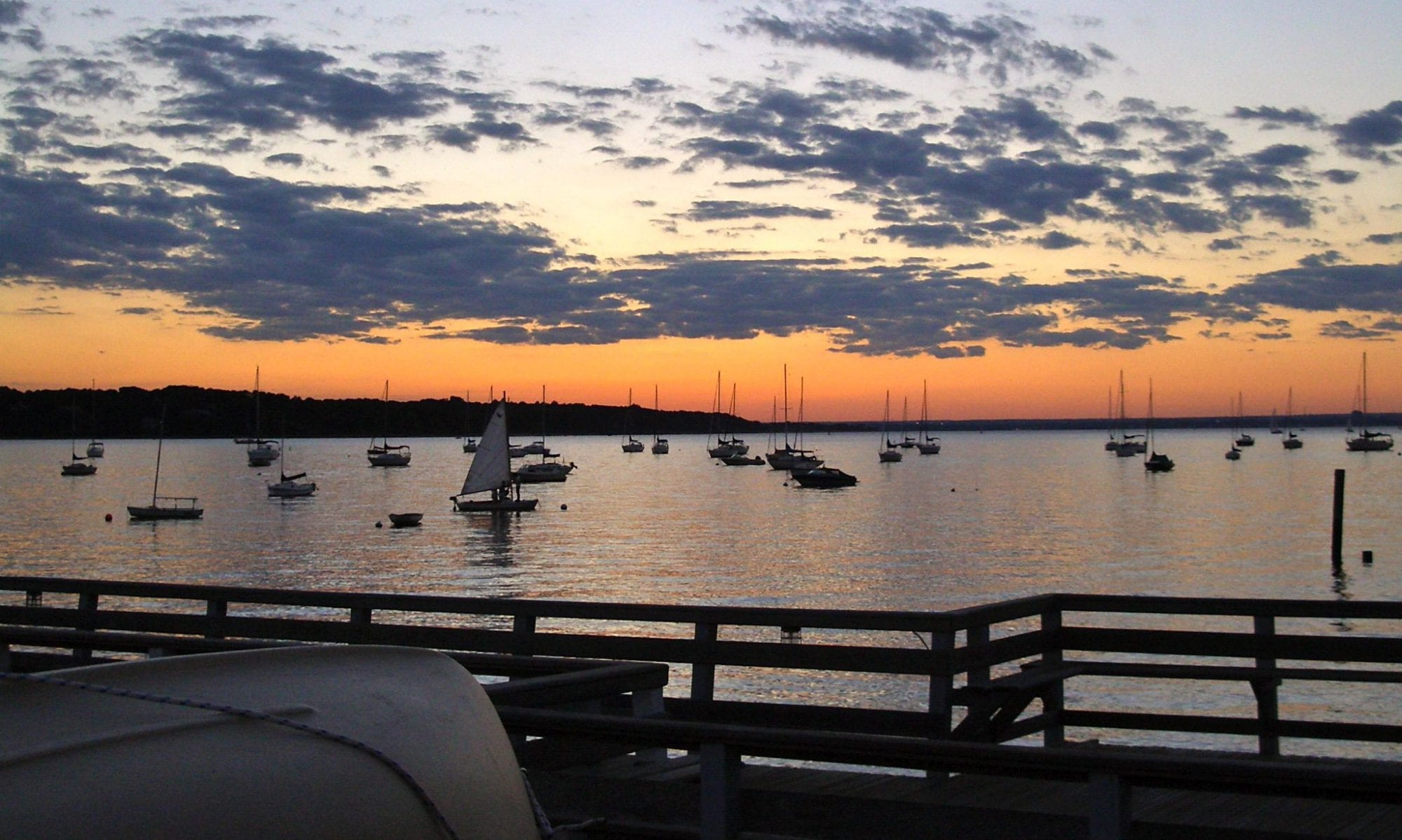Having a clean harbor enhances our quality of life. Many of us are boaters and there are steps that we can take to ensure that we do not harm the waters that we enjoy. Here are some tips.
Fueling
Gas, diesel, and oil are toxic to aquatic plants and animals. A single pint of oil spilled on the water can cover one acre of surface area. Fish and shellfish are particularly sensitive to contaminants in the water. When fueling, do not “top off” the tank. There are devices that you can easily install on your fuel line to “whistle” when the tank is almost full. In any event, keep an absorbent pad handy to absorb any spills that may occur.
Sewage
Human waste contains nutrients that can cause algae growth and loss of dissolved oxygen in the water. Always use sewage pumpout stations. Discharging sewage from your boat is prohibited in all of Long Island Sound and its bays and harbors.
Bottom Cleaning and Painting
Minimize the discharge of heavy metals found in soft-sloughing antifouling paints by using a less toxic, or nontoxic antifouling paint. Use non-abrasive underwater hull cleaning techniques to prevent excessive paint discharge.
When you scrape the bottom of your boat, place a tarp underneath and capture all of the scrapings and dispose of them properly. Copper and other compounds in the paint can contaminate the water and sediment in the harbor, greatly increasing the cost for dredging.
Boat Engines
When purchasing a boat engine, conside an electric engine or a less-polluting model. Note that four-stroke engines are better for the environment than two-stroke engines. On a traditional carbureted 2-stroke engine, when the piston engages its down-stroke, the intake and exhaust ports are wide open, allowing a hefty amount of fuel to slide by unburned. That translates into a 20 to 30 percent of fuel loss as it travels through the combustion chamber – and then is released directly into your favorite fishing spot.
Control Oil in the Bilge
Place absorbent pads or bilge socks underneath the engine and keep your engine well tuned.
Protect Wildlife
Proceed slowly in shallow areas to avoid causing shoreline erosion and destruction of habitat areas. Do not disturb wildlife. Every so often, whales, dolphins, and other majestic creatures visit our harbor – give them space!
Our harbor has come a long way in recent years but it takes “all hands on deck” to keep it that way. A good source for more information can be found on the following BoatUS website: https://www.boatus.org/clean-boating/.
Thank you for doing your part!

Hempstead Harbor Protection Committee
Created to Protect and Improve the Water Quality of Hempstead Harbor.